President Trump has considered pulling out of the North Atlantic Treaty Organization (NATO), and former Clinton administration National Security Council member Hans Binnendijk is concerned. Responding to an op-ed by Barry Posen in The New York Times that argued for “reconsidering America’s role in NATO,” Binnendijk lamented the consequences of even this moderate proposal would be “all negative,” and that the world would be “more dangerous and less prosperous.”
It is telling that Binnendijk never says U.S. national security would be jeopardized if NATO was no more. Perhaps he neglects this claim because he knows it would be false.
NATO is a military alliance born out of necessity. It countered the Soviet threat to dominate and organize Europe in the immediate aftermath of World War II and throughout the Cold War in such a way as to directly threaten the United States—but that was then, and this is now. The Cold War has been over for nearly three decades, and modern Russia is nowhere near as powerful—its gross domestic product (GDP) is on par with Italy.
Moscow still has nuclear weapons capable of reaching the American homeland, but the U.S. strategic nuclear arsenal acts as a powerful deterrent. Russia’s military is a pale shadow of the former Soviet Union’s and— though he did annex Crimea and intervene in Ukraine—Russian President Vladimir Putin is hardly threatening to roll hundreds of thousands of troops and tens of thousands of tanks through the Fulda Gap to overrun Europe. This is not the expansionism of the Soviet Union, and there is no strategic interest for the United States to bring Georgia or Ukraine into the alliance.
If Bennendijk and those of his ilk are concerned about Russian aggression, a greater concern is about provoking a nuclear war with Russia—they should consider how NATO expansion in Eastern Europe needlessly pokes the Russian bear. Despite then-Secretary of State James Baker’s assurance to Soviet leader Mikhail Gorbachev in 1990 that NATO would expand “not one inch eastward,” NATO has done exactly that. The Czech Republic, Hungary, and Poland were added in 1999. Bulgaria, Estonia, Latvia, Lithuania, Romania, Slovakia, and Slovenia became NATO members in 2004. Albania and Croatia joined in 2009. And most recently, Montenegro became a NATO ally in 2017. Now, both Georgia and Ukraine are lobbying to join the club with the support of National Security Advisor John Bolton.
Recommended
Beyond antagonizing relations with Russia, NATO expansion creates a greater unnecessary security burden for the United States. Article 5 calls for collective defense if a NATO country is attacked, which means we are obligated to defend all those new countries. But the United States should not risk war with a foreign power—especially a nuclear power like Russia—over tiny nations which aren’t necessary to U.S. security. We should be particularly wary of adding Georgia and Ukraine to the alliance, as Russia views this move as a direct threat to its security. NATO is supposed to help avoid war, not start one.
More important, if our friends in Europe are concerned about Russia as a potential military threat, they have the wealth to counter that risk themselves. NATO Europe’s economies together eclipse Russia’s by a factor of 10 (compare their $18 trillion to Russia’s $1.5 trillion GDP in 2017). On defense, NATO Europe outspends Russia four to one ($250 billion versus $61 billion in 2017).
NATO’s chief challenge today is to return to its original purpose: collective defense against military threats to Europe. The NATO that Binnendijk is concerned about losing has long since morphed into something very different: “a crisis management organization that has the capacity to undertake a wide range of military operations and missions,” In NATO’s own phrasing. According to a new strategic concept adopted in 2010, NATO’s definition of collective defense now includes military action “at a strategic distance,” which includes “crises and conflicts beyond NATO borders” that require “expeditionary forces.” No wonder that there are “approximately 20,000 military personnel engaged in NATO missions around the world.”
U.S. policy should motivate NATO Europe to meet its promise to spend 2 percent of GDP on defense instead of continued cheap-riding at American expense—that way, European nations could field modern military power instead of relying on the United States to serve as first responder. NATO Secretary General Jens Stoltenberg expects more European countries to meet their commitment, but currently just five of 27 do: Greece, the United Kingdom, Estonia, Romania, and Poland. Most notably, Germany, NATO Europe’s richest country, is actually planning to spend less than it originally pledged—which was already lower than 2 percent of GDP. This is a failure to meet their Article 3 obligations and totally unacceptable to America (at least it should be).
That spending is just a portion of the responsibility Europeans must take for their own security. U.S. diplomatic engagement and trade will continue and don’t depend on the U.S. military taking on the entire defense burden of Europe. Binnendijk claims economic ties “require the degree of security now provided by NATO to endure,” but the truth is U.S. trade with Europe is based on mutual benefit, supply and demand.
Instead of recklessly expanding its mission around the world, NATO should focus on its original purpose of defending Europe. That requires Washington to pursue policies that make clear Europeans must take the defense of Europe seriously, as well as a more realistic assessment of the threat Moscow does and does not pose. In the post-Soviet world, the U.S. no longer needs to be the front line of Europe’s defense. Europe’s economy is nearly on par with America’s, and Europe can shoulder much of these burdens.
Our role instead should be a balancer-of-last-resort, responding only when our allies are unable to contain crises that pose a direct threat to U.S. national security, narrowly defined. A NATO thus reappraised and reshaped would better serve both European and U.S. security alike.
Charles V. Peña is a senior fellow with Defense Priorities. He has more than 25 years of experience as a policy and program analyst and senior manager, supporting both the Department of Defense and Department of Homeland Security. Peña is the former Director of Defense Policy Studies at the Cato Institute and author of Winning the Un-War: A New Strategy for the War on Terrorism.

















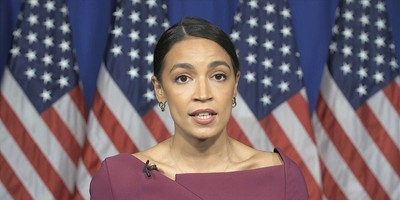
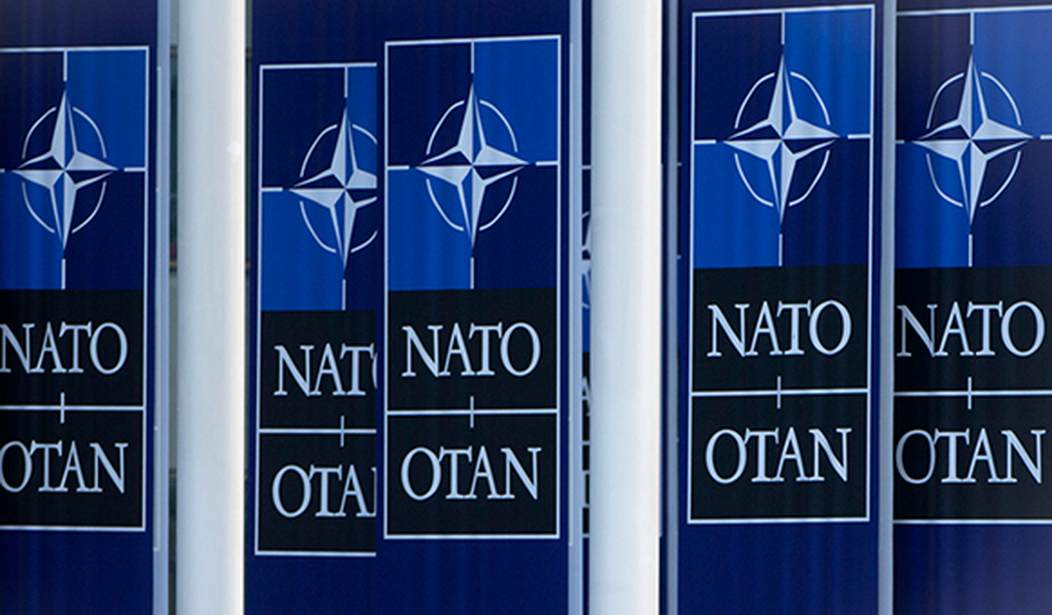
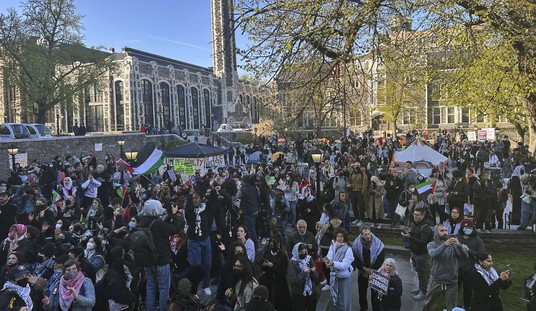
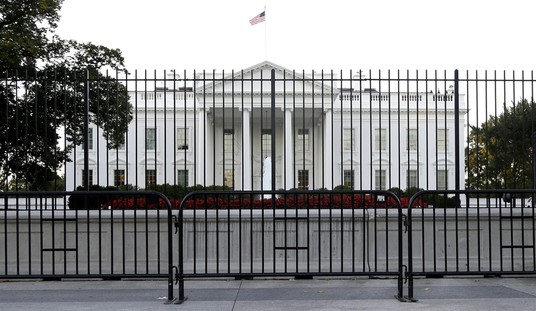
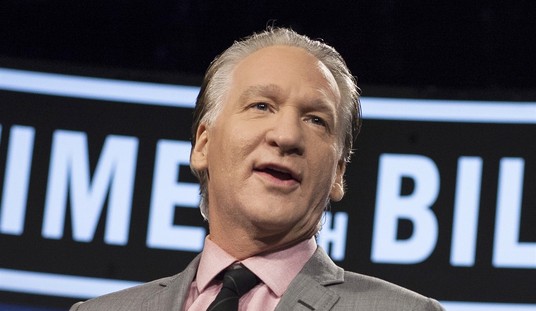
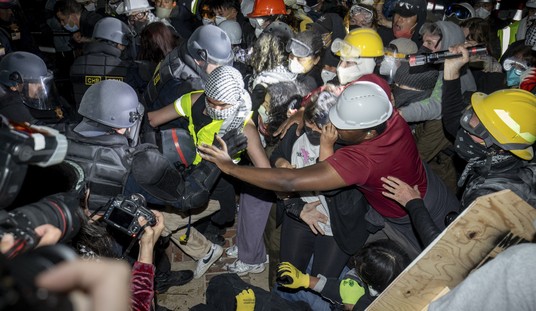
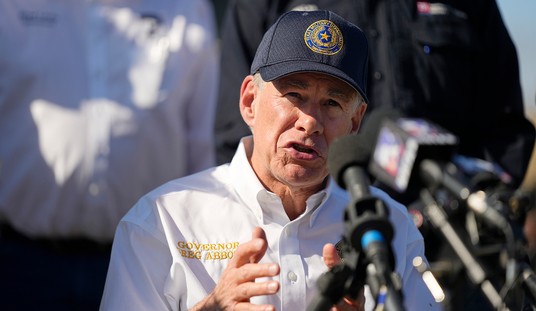

Join the conversation as a VIP Member